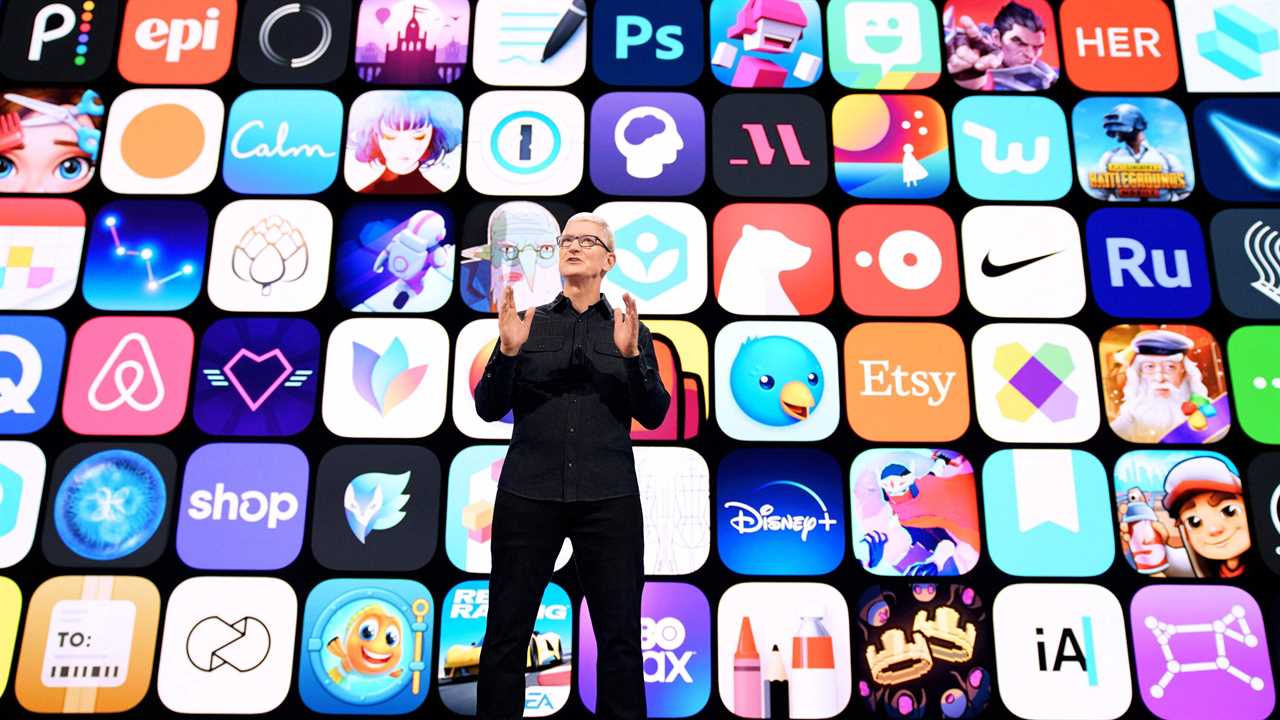
On an Apple device, the one thing you cannot do in Netflix’s app is subscribe to Netflix. A message on the app’s home screen explains this and encourages new users to return “when you’re a member.” It’s up to them to figure out how to do that.
This confusing setup is an effort to comply with Apple’s rules banning apps on its platform from directing users to make purchases elsewhere, and avoiding Apple’s 30 percent commission. But it’s likely to change soon. Apple announced on Wednesday that it would allow some apps, like Netflix and Spotify, to direct their users to payment methods outside of the App Store. That’s the second concession to app developers that Apple has made in the past week, suggesting it’s part of a deliberate campaign.
Analysts who track Apple said that these changes won’t significantly affect the tech giant’s $20 billion App Store business. Rather, Kellen Browning and Daisuke Wakabayashi report for The New York Times, the moves are a strategic retreat, an effort by Apple to repel threats that would be more damaging to its bottom line. (Apple declined to comment.)
Apple is under pressure from regulators around the world who have accused it of exerting too much control over developers who sell products in its App Store. South Korean lawmakers on Tuesday passed a bill that would ban app stores from forcing developers to use only their proprietary payment systems. Apple also faces antitrust investigations in the United States, the European Union, Britain and India. And it is awaiting the verdict in a lawsuit brought by Epic Games, which sought to avoid Apple’s commissions altogether.
But Apple is unlikely to concede so easily on its cash cow: game revenue. According to Epic’s lawyers, 81 percent of Apple’s App Store revenue came from games in 2016. Apple’s chief executive, Tim Cook, said on the witness stand in May that the “majority” of App Store revenue still comes from game revenue. Daniel Ives, an analyst at Wedbush Securities, estimates the money Apple collects from apps for consuming content — the type of app covered by the latest concession — is negligible.
There are more substantive changes Apple could make, and is most likely hoping to avoid. It could reduce its commission on in-app purchases, allow other companies to install app stores on iOS devices or allow customers to download apps directly from the internet. The changes Apple has made are aren’t “a real solution,” Daniel Ek, the chief executive of Spotify, said Thursday in a tweet. “Our goal is to restore competition once and for all, not one arbitrary, self-serving step at a time.”






